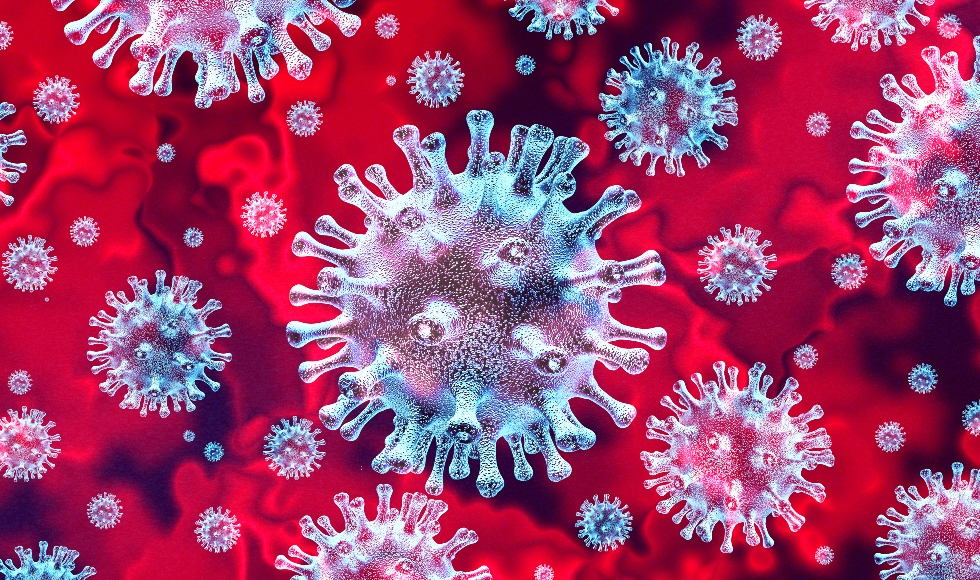Coronavirus disease (COVID-19): Symptoms and treatment
Symptoms of COVID-19
Those who are infected with COVID-19 may have little to no symptoms. You may not know you have symptoms of COVID-19 because they are similar to a cold or flu.
Symptoms may take up to 14 days to appear after exposure to COVID-19. This is the longest known incubation period for this disease. We are currently investigating if the virus can be transmitted to others if someone is not showing symptoms. While experts believe that it is possible, it is considered less common.
Symptoms have included:
- cough
- fever
- difficulty breathing
- pneumonia in both lungs
In severe cases, infection can lead to death.
Think you might have COVID-19?
If you or your child become ill
If you are showing symptoms of COVID-19, reduce your contact with others:
- isolate yourself at home for 14 days to avoid spreading it to others
- if you live with others, stay in a separate room or keep a 2-metre distance
- visit a health care professional or call your local public health authority
- call ahead to tell them your symptoms and follow their instructions
Children who have mild COVID-19 symptoms are able to stay at home with a caregiver throughout their recovery without needing hospitalization. If you are caring for a child who has suspected or probable COVID-19, it is important to follow the advice for caregivers. This advice will help you protect yourself, others in your home, as well as others in the community.
If you become sick while travelling back to Canada:
- inform the flight attendant or a Canadian border services officer
- advise a Canada border services agent on arrival in Canada if you believe you were exposed to someone who was sick with COVID-19, even if you do not have symptoms
- this is required under the Quarantine Act
- the Canada border services agent will provide instructions for you to follow
Check your exposure risk
Have you been on a flight, cruise or train, or at a public gathering? Check the listed exposure locations to see if you may have been exposed to COVID-19.
Diagnosing coronavirus
Coronavirus infections are diagnosed by a health care provider based on symptoms and are confirmed through laboratory tests.
Treating coronavirus
Most people with mild coronavirus illness will recover on their own.
If you are concerned about your symptoms, you should self-monitor and consult your health care provider. They may recommend steps you can take to relieve symptoms.
Vaccine
If you have received a flu vaccine, it will not protect against coronaviruses.
At this time, a vaccine or therapy to treat or prevent this disease has not yet been developed. However, the COVID-19 pandemic has resulted in a global review of therapies that may be used to treat or prevent the disease.
Health Canada is fast tracking the importation and sale of medical devices used to diagnose, treat or prevent COVID-19.
About coronaviruses
Coronaviruses are a large family of viruses. Some cause illness in people and others cause illness in animals. Human coronaviruses are common and are typically associated with mild illnesses, similar to the common cold.
COVID-19 is a new disease that has not been previously identified in humans. Rarely, animal coronaviruses can infect people, and more rarely, these can then spread from person to person through close contact.
There have been 2 other specific coronaviruses that have spread from animals to humans and which have caused severe illness in humans. These are the:
- severe acute respiratory syndrome coronavirus (SARS CoV)
- Middle East respiratory syndrome coronavirus (MERS CoV)
COVID-19 Virtual Assistant ×
